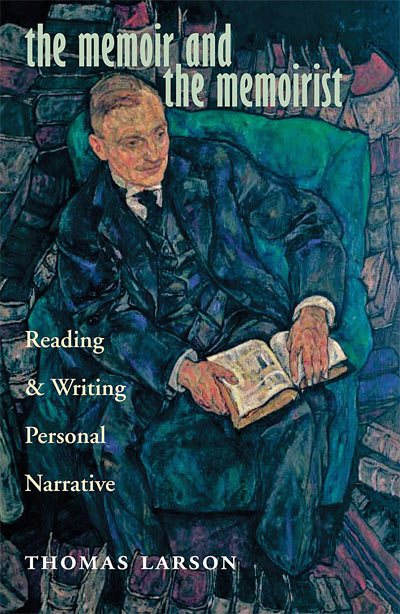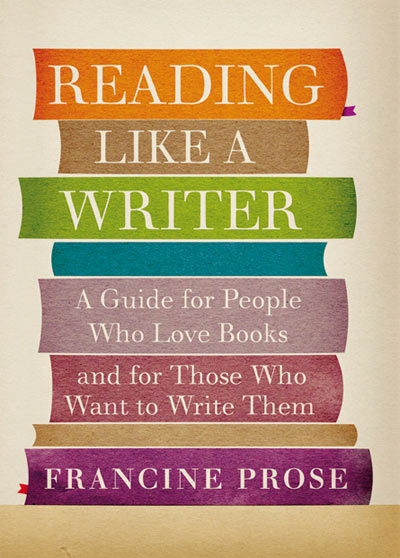Generally I am not a big fan of how-to books on writing. But there are several books I found really useful, even inspirational, for my work. I hope they’ll interest you too. These books engage more with the art and ethics, rather than craft, of writing, and some offer fine analyses of literature that I found immensely helpful. Overall, I felt richer as a human being after reading these books.
A Table for One Aharon Appelfeld – this slim memoir is actually incredibly rich in areas it explores. Its main topic is finding one’s writing voice and themes. I keep rereading this book.
Mentors, Muses and Monsters: 30 Writers on the People Who Changed Their Lives edited by Elisabeth Benedict – a terrific collection of essays by very fine writers about finding (and losing) guidance for their writing.
Speaking Volumes: Conversations with Remarkable Writers by Ramona Koval – this book showcases not only the greatest of minds in the writing world, but also lessons in genuinely intellectual conversation. Koval is a brilliant interviewer as we all know.
The Memoir and the Memoirist Thomas Larson – although this book is embedded within the therapeutic/psychoanalytic (at least, Jungian…) discourse and can be a little evangelical about the supposedly healing properties of memoir writing, it is still a deeply intelligent discussion of this complex genre. What I found particularly significant there is the notion that an important goal of memoir is to engage with zeitgeist as much as with the personal story.
Truth in Nonfiction: Essays edited by David Lazar – a wonderful discussion of the ethics in creative nonfiction. Most contributors overwhelmed me with their intelligence, sophistication and depth of analysis so that I did not only enjoy their reflections on writing but also discovered some interesting authors to put on my reading list. In particular, this book reminded me how crucial it is to be honest about, and critical of, our memories.
The Writers’ Reader edited by Brenda Walker. Another terrific essay collection. This one is on various writing genres and craft aspects. However, once again this is not a how-to book, but rather a wise meditation on these topics.
A Field Guide for Immersion Writing: Memoir, Journalism and Travel Robin Hemley – a clear and exciting exploration of immersion, this relatively new and much misunderstood sub-genre of creative nonfiction. Hemley is not prescriptive about how to write immersion books, but rather discusses the genre and its ethical complexities through discoursing on books he loves. A great literary analysis and I bought seven books based on the bibliography.
Reading like a Writer Francine Prose – one of my very favourite writing books. I strongly believe that the best way to learn to write is by reading other writers carefully. But how does reading like a writer differ from the usual reading? Prose will tell you. And I’m trying to demonstrate this in my blog The Writing Life too.

